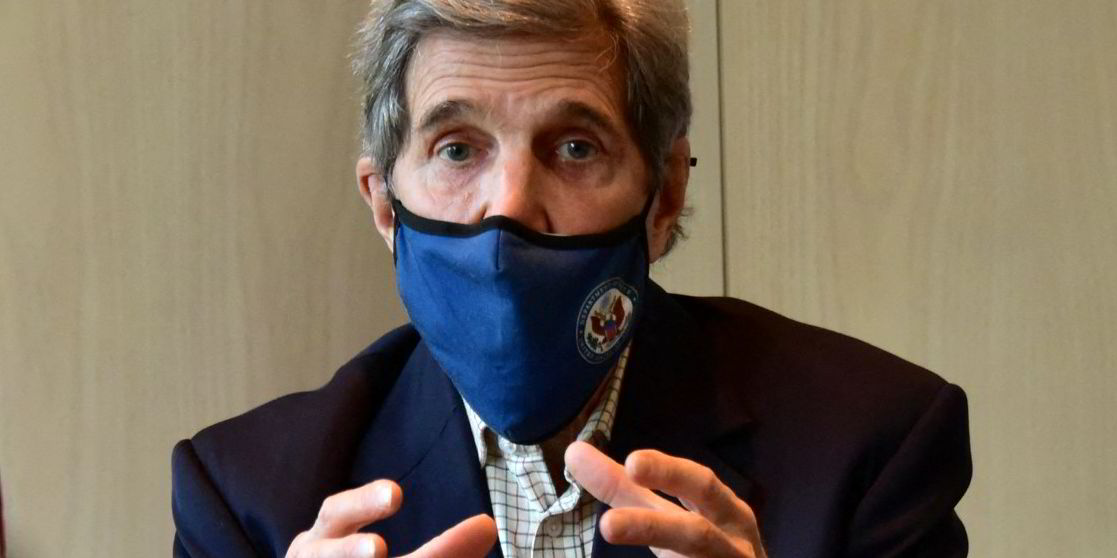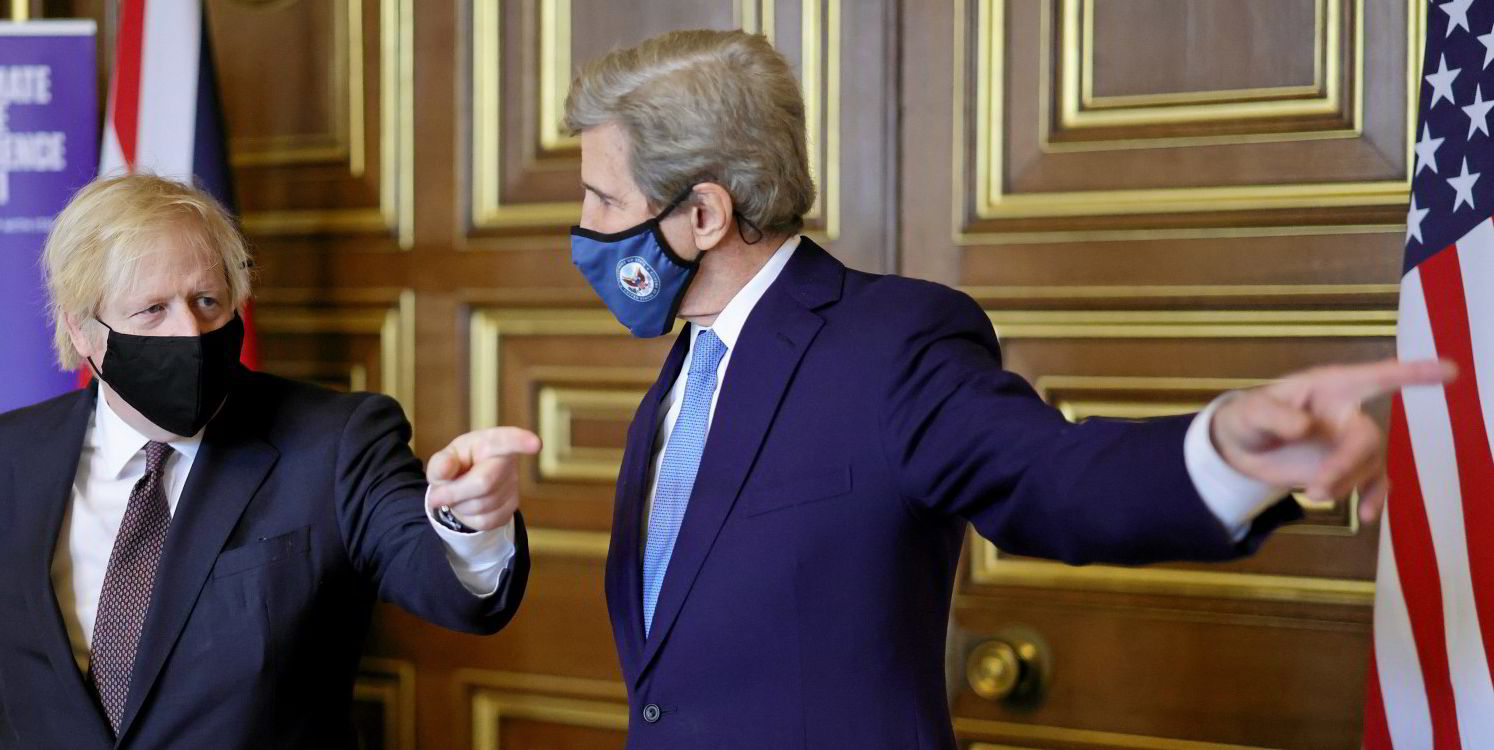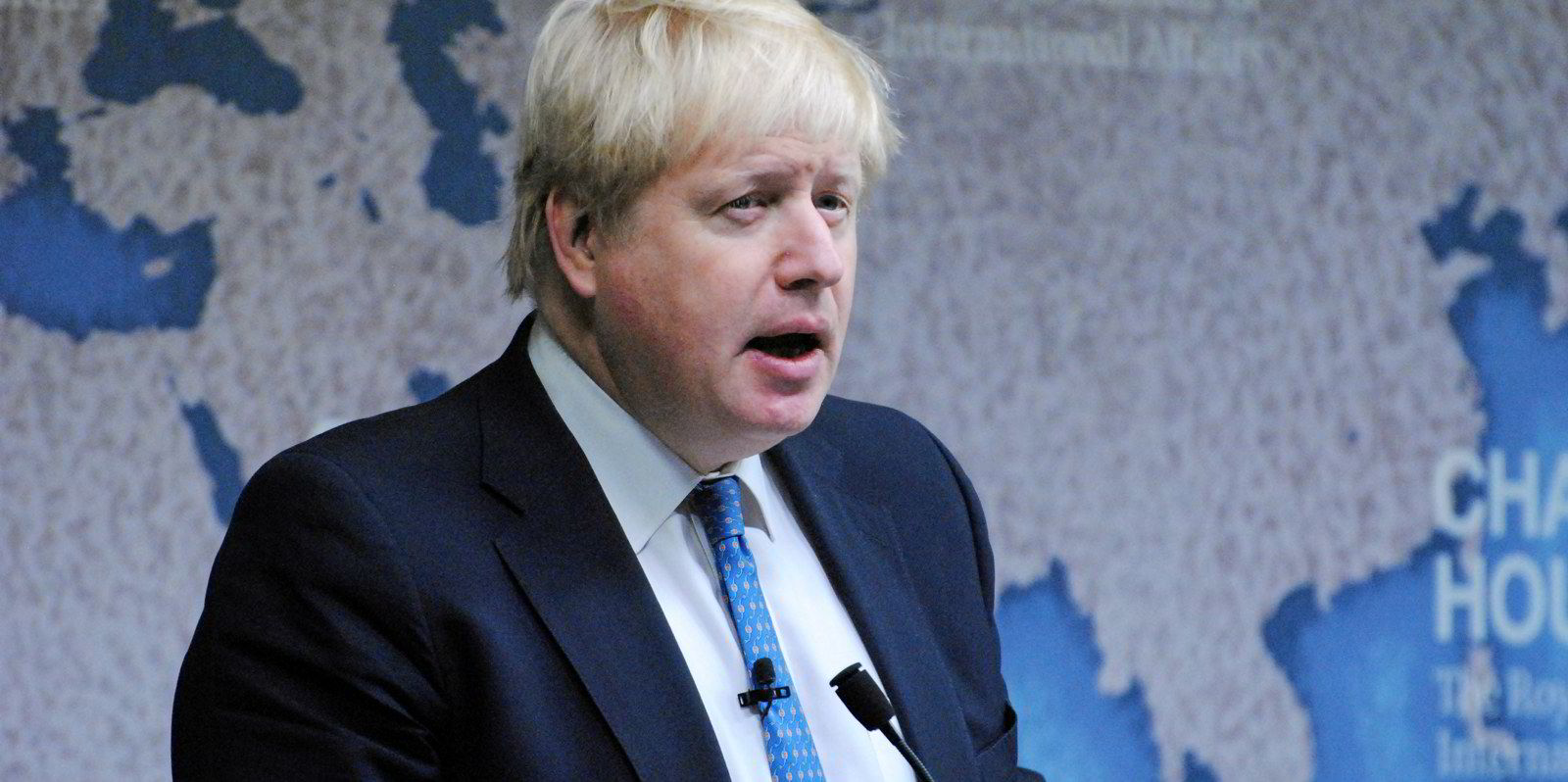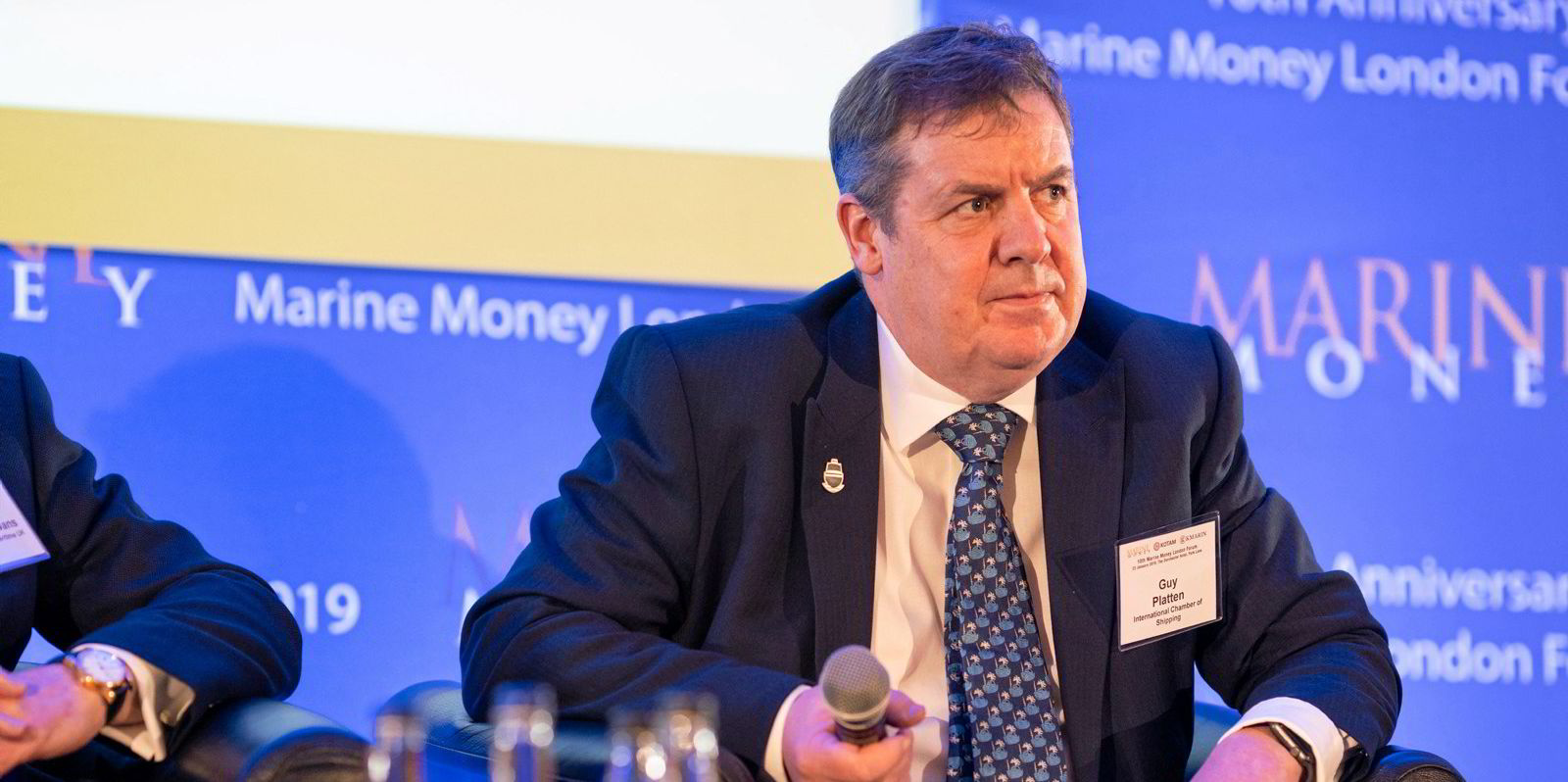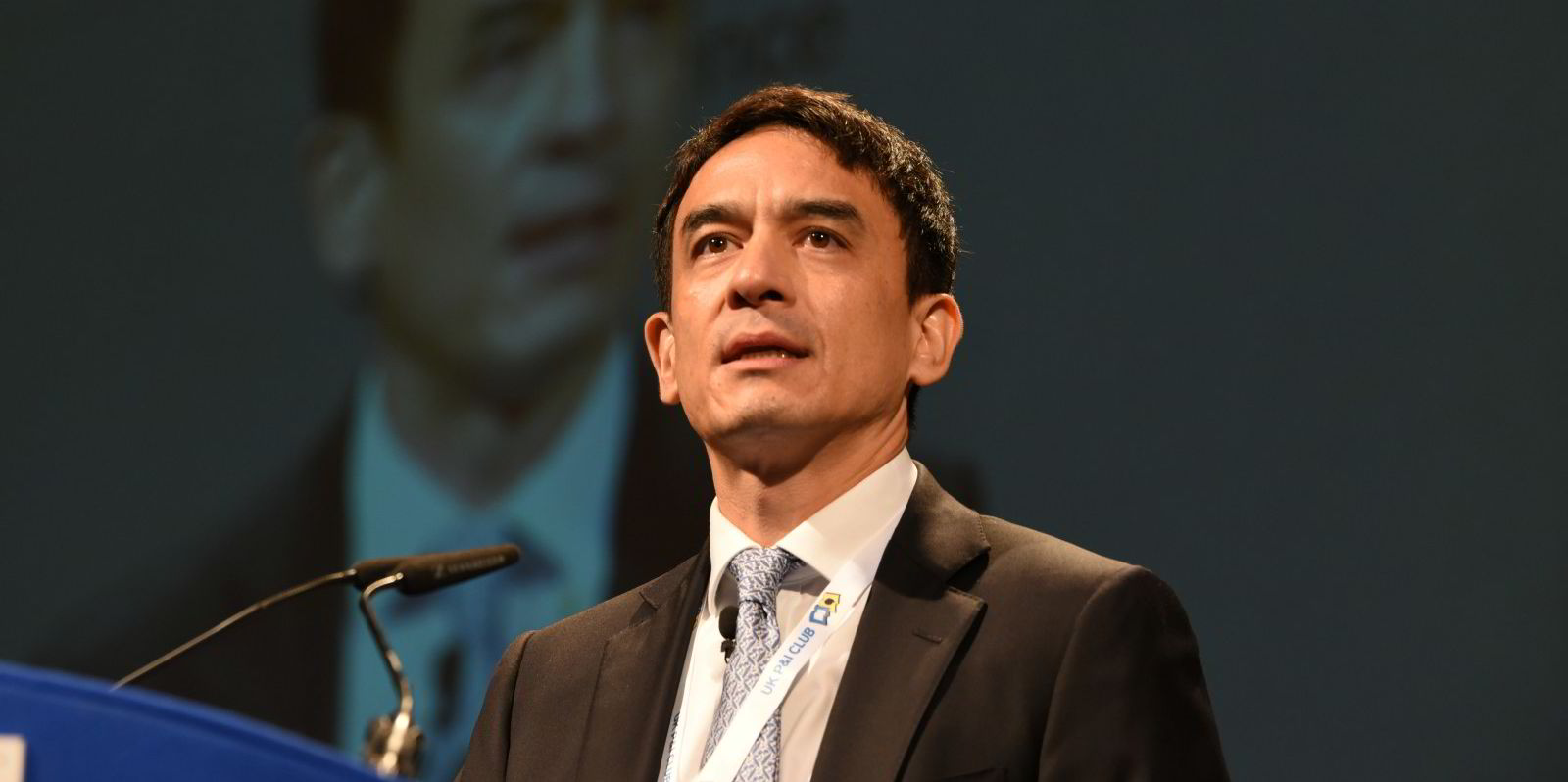The International Maritime Organization is set to come under increasing pressure to raise its decarbonisation goals after US special envoy for climate John Kerry said he wanted shipping to target zero emissions by 2050.
In a dramatic turnaround from the US' recent hands-off approach to IMO climate change talks, Kerry said he now wants to work with the United Nations' body in achieving zero emissions.
Speaking at the recent Friends of the Ocean and Climate conference, he said: "The United States is committing to work with countries in the International Maritime Organization to adopt a goal of zero emissions by global shipping by 2050 and adopt ambitious measures for the entire sector on a pathway to achieve this goal."
Kerry’s comments came as shipping found itself in the middle of political posturing ahead of US President Joe Biden's Leaders Summit on Climate talks.
The UK government this week said it is also targeting net zero emissions by 2050 and will now include shipping emissions in its carbon budget.
The US commitment to the IMO process will come as encouragement to those in the shipping industry who want to see a global solution to decarbonising shipping.
The US has shown it can wield considerable influence at the IMO in the past on issues such as ship security.
Kerry is calling for more urgency from the IMO on climate change. “I believe we are going to get there, the only issue is will we get there fast enough?” he said.
“Technologies for decarbonisation in shipping are known to us but they need investment and they need to be scaled up,” he added.
In 2023, the IMO will have the first opportunity to update its current target of a 40% improvement in carbon intensity by 2030 and a 50% reduction in total carbon emissions by 2050.
It is now likely that the US administration will pressure IMO member states to raise its 2050 targets. That would also require that already-agreed medium-term measures, which are set to be enforced from as early as 2023, will have to be revised upwards.
From 2023, ships will have to comply with minimum efficiency standards outlined in the Energy Efficiency Existing Ship Index (EEXI) regulation and operate in line with a Carbon Intensity Indicator (CII).
But EEXI and CII standards will have to be adjusted upwards if the IMO adopts the more ambitious targets proposed by the US.
Also, newbuildings are likely to have to be built to significantly higher efficiency standards under phase four of the Energy Efficiency Design Index (EEDI), which is scheduled to enter into force in 2030. The phase four EEDI standards are currently being drawn up by the IMO and may also include a low-carbon fuel requirement.
Market-based measures
Apart from the technical measures, the IMO is starting to assess proposals for market-based measures to incentivise the switch to low carbon that could see the introduction of cap and trade, emissions trading schemes and levies and taxes applied to fossil fuels.
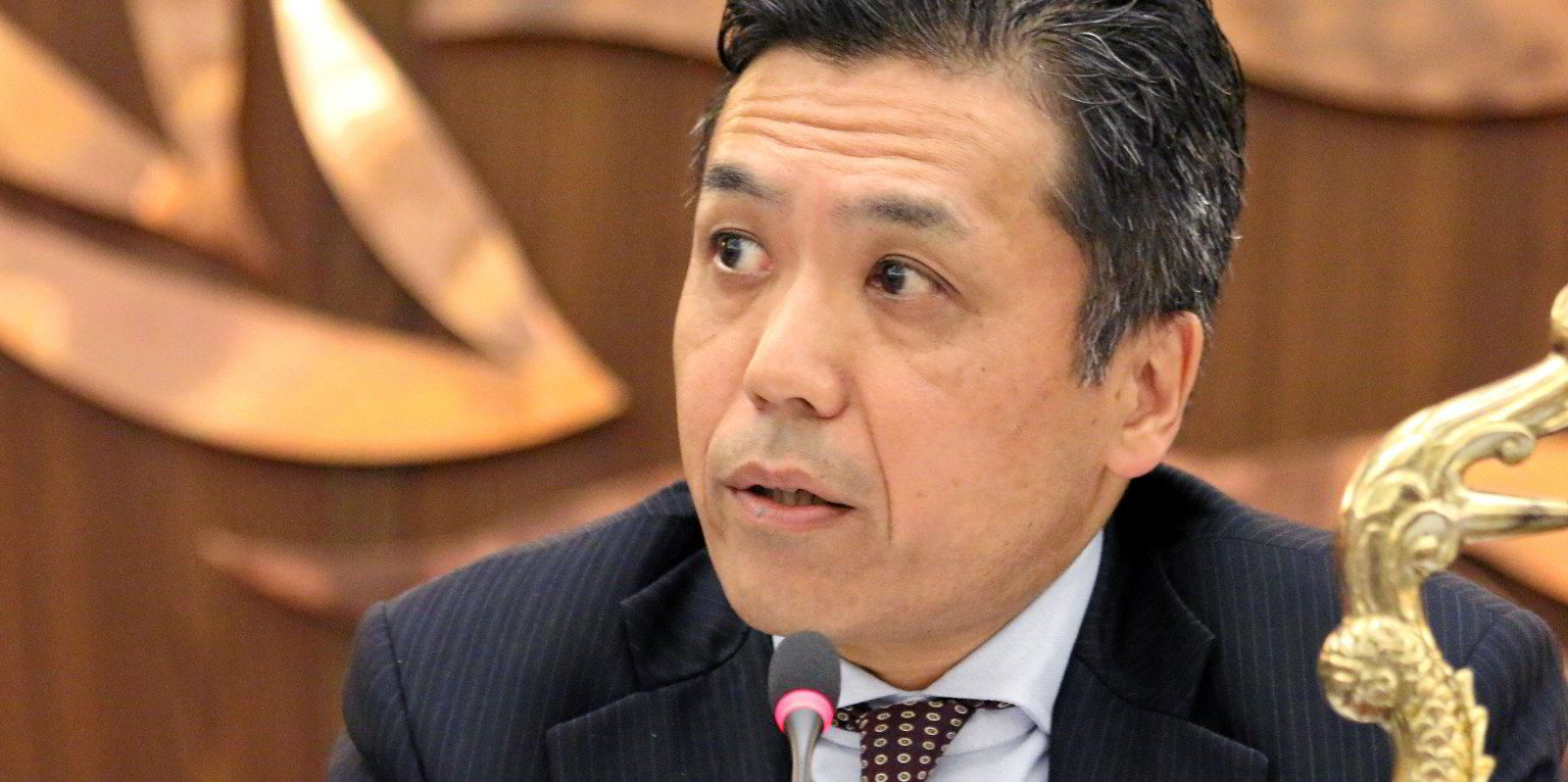
The US is likely to find an ally in another IMO powerhouse, the European Union, which has also been calling for more ambition from the IMO on climate change.
The US position is also close to that of other maritime nations in the Far East. Japan’s head of shipping environmental policy, Hideaki Saito, who also chairs the IMO’s Marine Environment Protection Committee, said that the country is working on a project to deliver the first oceangoing zero-emissions vessel by 2028 “at the latest”.
Strongly committed
Saito told the Friends of the Ocean and Climate conference that Japan shares US concerns on climate change. “Japan is strongly committed to contribute to the IMO to deliver effective international legal framework which fulfil the world’s ambitious goals, and this can be done only together with the global partners.
“Our motivation in this regard is very close to what has been addressed by many speakers including the US special envoy Kerry. Japan would like to extend its appreciation to the US for the initiative today,” Saito said.
Kerry also recently struck a deal with China on climate change. Kerry said that China now accepted that climate change is a “crisis” for the world. Like Japan, China is a major shipping and shipbuilding nation and is an influential country at the IMO talks on decarbonisation.
Read more
- World leaders are pointing the way for shipping’s transition
- Shipping wakes up to the need to tax carbon out of business
- Shipowners call for market-based measures to accelerate decarbonisation
- US throws support behind IMO emissions cuts and promises investment
- UK government drags shipping into its national climate policy
